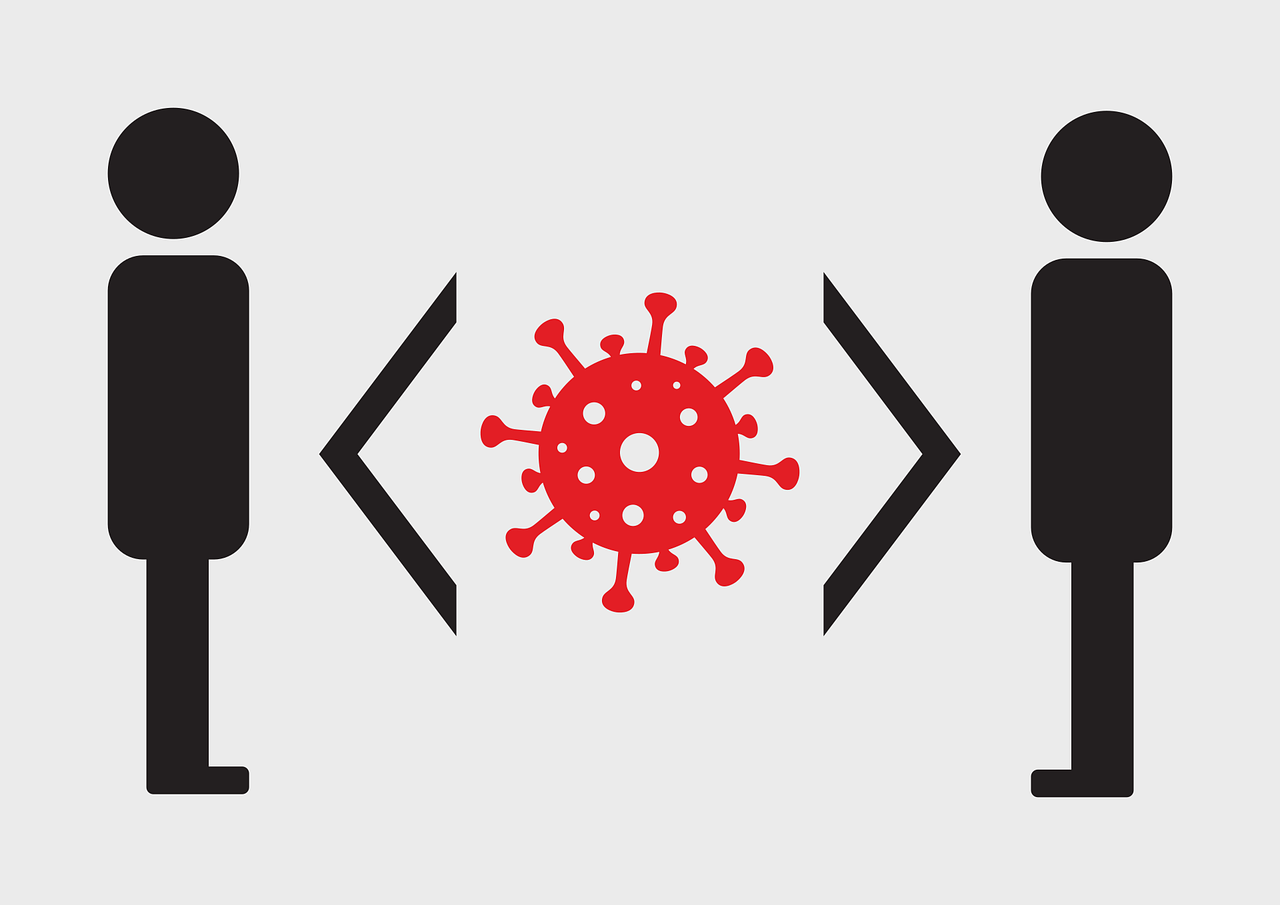Covid-19 And Heart Disease- A Comprehensive Guide To All Your Questions
The novel coronavirus, which was first detected in China’s Wuhan City in December 2019, has rapidly spread across nations and continents. Such is the intensity of the situation that the World Health Organization has declared COVID-19 as a global pandemic. Since its outbreak, acute respiratory distress syndrome and lung injury have taken a front seat as the most dangerous complication of the disease. However, as per the disturbing pieces of evidence that have now emerged, heart damage is another grim outcome of COVID-19.
Autopsies conducted on patients with a pre-existing heart condition and died due to the coronavirus reported cardiac injury as a common finding. These patients had elevated levels of cardiac troponin (a protein leaked into the blood by the muscles of an injured heart) and abnormalities on heart ultrasounds and electrocardiograms. Several research documents now affirm the possibility of cardiac injury as a consequence of the harm induced by the novel coronavirus.
How does coronavirus stoke cardiac damage?
As per emerging information, people who have heart-related problems are at a higher risk for respiratory and cardiovascular complications from COVID-19. It is primarily because infections caused by the influenza virus pose a more significant threat to people with known heart diseases than those with no cardiac problems. There is definitive evidence that suggests that respiratory infections like the flu can cause heart attacks.
The viral infection may also present cardiac symptoms in people with undiagnosed heart diseases. The fever, infection, and inflammation caused by COVID-19 can destabilize the previously asymptomatic fatty plaques present inside the heart vessels. The inflammation and fever also cause the blood to clot and interfere with the body’s natural ability to diffuse the clots. It increases the stress on the heart and results in a heart attack.
Some people who do not have blocked arteries may also experience heart damage that mimics an injury caused by a heart attack. This situation arises when a person’s heart muscles are deprived of oxygen. Such a scenario is triggered in people infected with coronavirus when there is a mismatch between oxygen demand and oxygen supply. The inflammation and fever put additional pressure on all organs, including the heart. The increased stress coupled with infected lungs diminishes the supply of oxygen to the heart muscles, leading to a heart attack.
COVID-19 can also cause heart damage in people who have no underlying cardiac problems. This happens when the virus directly attacks the heart. The resulting inflammation can cause cardiac muscle damage, heart rhythm disturbances, and suppress the heart’s ability to pump blood at an optimal rate.
Do flu and pneumococcal vaccine shield heart patients from the virus?
Unfortunately, the flu and pneumococcal vaccines offer no protection against the novel coronavirus. Although medical practitioners and WHO strongly advise getting vaccinated for respiratory illnesses.
Cardiac patients must stay up to date on such vaccines as any illness can compromise their immunity and weaken their body’s ability to fight off the virus. Such patients are also advised to restrict contact with children under the age of 18 as they may be asymptomatic carriers and can transmit the virus to vulnerable family members.
Coronavirus is a new type of virus, and research is currently being undertaken in full swing for understanding its behavior and finding possible vaccines for the same. However, it is unclear when this will be available for use. Therefore, do not fall prey to false information. Under no circumstances, resort to self-medication for treating coronavirus.
How can people with heart diseases protect themselves?
While people of all ages with or without previous medical history can be infected with the novel coronavirus, it poses a higher risk to people above the age of 60 and with a medical condition such as cardiovascular disease, diabetes, hypertension, chronic respiratory disease, and cancer.
To avoid the infection, it is strongly recommended that people with such conditions take the below precautions:
- Follow the advice of their doctors and continue to take their medications regularly.
- Stock up at least one month of medical supply.
- Maintain a safe distance of 1 meter from people who have cold, cough, or flu.
- Practice good hygiene. Wash your hands regularly with water and soap for a minimum of 20 seconds.
- Clean and disinfect surfaces in your home that are touched by people a lot. Eg: doorknobs, handles, taps, etc.
- If any of your family members falls ills as displays possible COVID-19 symptoms immediately limit your shared spaces.
- Remain indoors as much as possible.
- Follow the instructions given by the local authorities and the Department of Health.
Be aware of your body and health. If you exhibit symptoms like cough, fever, and shortness of breath, seek medical help immediately.
How can you take care of your heart while at home?
While a lockdown is in place in most parts of the world, home quarantine can cause many people to follow unhealthy eating habits. However, to minimize exhaustion and stress, it is essential to develop an everyday schedule that will help maintain a healthy lifestyle. Here are a few suggestions for you:
- Take care of your body
Exercise regularly, eat healthily, stay hydrated, and get adequate sleep. WHO recommends 75 minutes of high intensity or 150 minutes of average intensity physical activity every week. It is possible to achieve this even when at home by following an online fitness class and taking small breaks during the day. Remember to leave your seats often to walk, stand, and relax.
- Take care of your mind
Use technology to maintain your social network. Communicate with your family and friends over telephone, email, social media, and video conferences. This will help keep things in perspective and protect your mental health and wellbeing. Utilize the time at home to do something you have always wanted to do, like picking up a new hobby or learning a new skill.
- Stay away from fake news
There is a ton of misinformation being circulated on social media. Avoid a constant stream of news reports as it will make you anxious. Avoid the rumor mills and only believe in the information provided by reliable sources.
- Avoid alcohol and drugs
Even though we are facing extraordinary times coping strategies involving alcohol and drugs will only make it worse. Instead, engage in productive activities that will comfort the body and mind. Make looking after yourself a priority during these tough times.
Conclusion
There is no denying the connection between Covid-19 and heart diseases. The various sources of medical evidence are glaring proof of the same. Although there are no particular protocols developed for cardiac patients to prevent their exposure to the virus, they must do all that they can to limit the chances of an infection. Following the suggestions provided by the Centers for Disease Control and Prevention (CDC) is a good start.
While the whole situation may seem overwhelming at the moment, we must cling on to the hope that our days under the sun and open spaces are just around the corner. Till then, it is essential to keep our hearts healthy by following health guidelines and by practicing social distancing to prevent the dreaded COVID-19 at bay. Stay indoors; stay safe!





